SGGPO
Kaspersky experts have shared their analysis of the possible consequences of Artificial Intelligence (AI), especially the potential psychological risks of this technology.
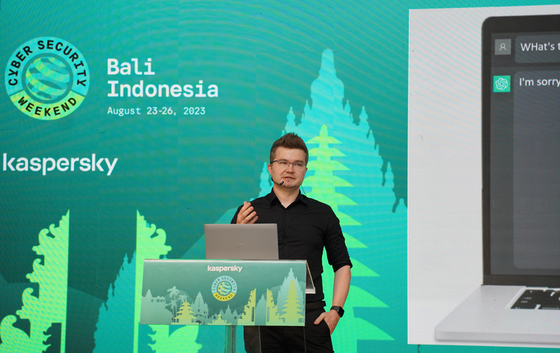 |
| Mr. Vitaly Kamluk shares about AI |
Vitaly Kamluk, Director of Kaspersky's Global Research and Analysis Team (GReAT) Asia- Pacific , revealed that when cybercriminals use AI to commit crimes, they may blame the technology and feel less responsible for the consequences of the cyberattack.
“In addition to the technological threats posed by AI, there is also a potential psychological threat. A common psychological syndrome among cybercriminals is known as the ‘guilt avoidance syndrome’. When attacking or injuring passersby, criminals are under great psychological pressure from witnessing the direct consequences of their actions. However, this does not apply to a cybercriminal who steals and attacks a victim they never see,” Kamluk explained.
Another psychological side effect of AI that can affect IT security teams is “delegation of responsibility.” This occurs when more and more cybersecurity processes and tools are automated and delegated to artificial neural networks, humans may feel less responsible if a cyberattack occurs, especially in a corporate environment.
“With the development of AI, we have seen breakthroughs in technology that can synthesize content similar to what humans do: from images to audio, deepfake videos , and even text-based conversations that are indistinguishable from human ones. Like most technological breakthroughs, AI is a double-edged sword. We can always use it to our advantage as long as we know how to set safe guidelines for these intelligent machines,” Kamluk added.
Source



![[Photo] The ceremonial artillery is ready to "fire" for the second parade rehearsal at My Dinh National Stadium.](https://vstatic.vietnam.vn/vietnam/resource/IMAGE/2025/8/24/883ec3bbdf6d4fba83aee5c950955c7c)
![[Photo] Impressive image of 31 planes taking flight in the sky of Hanoi during their first joint training](https://vstatic.vietnam.vn/vietnam/resource/IMAGE/2025/8/24/2f52b7105aa4469e9bdad9c60008c2a0)




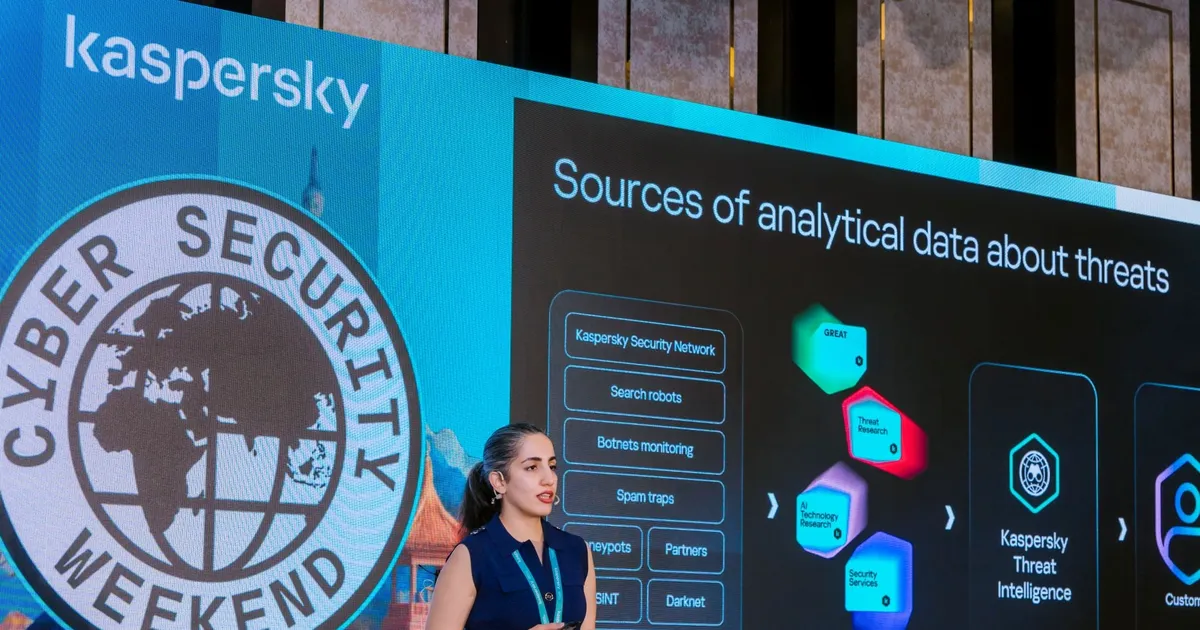
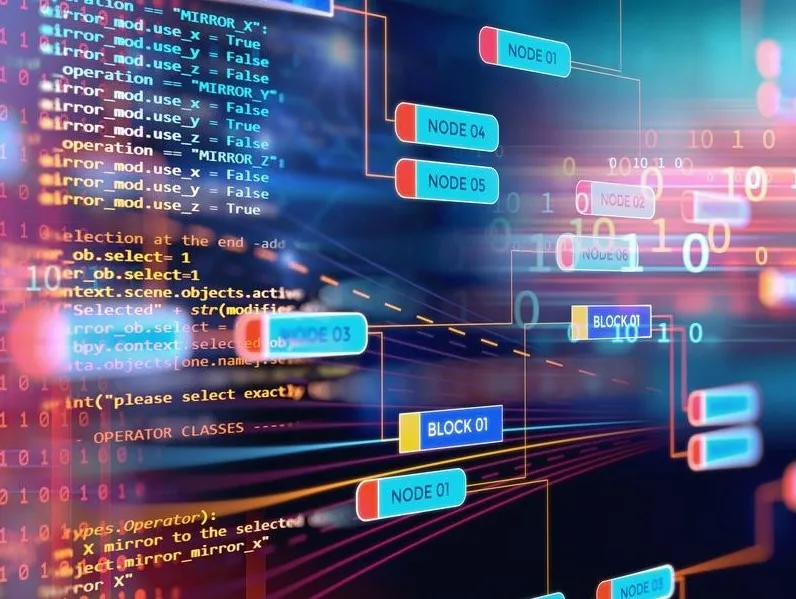
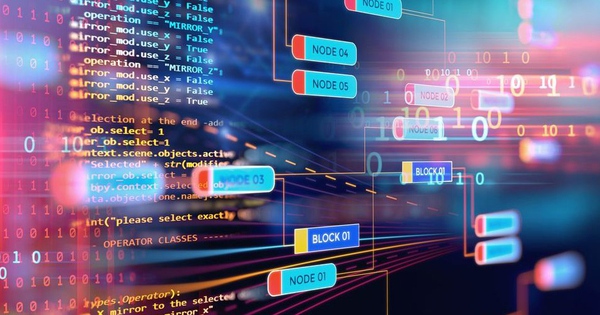










































































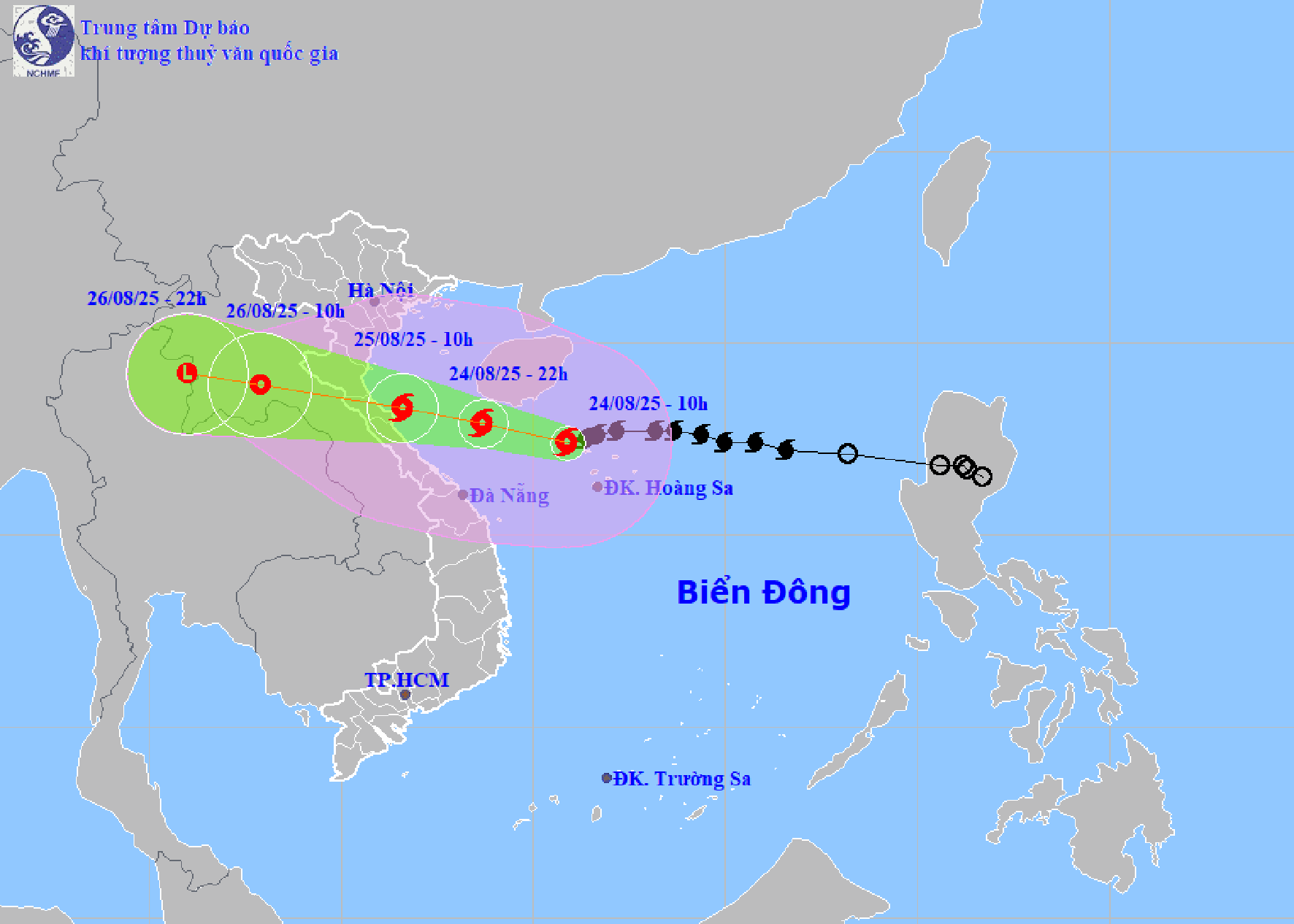



















Comment (0)